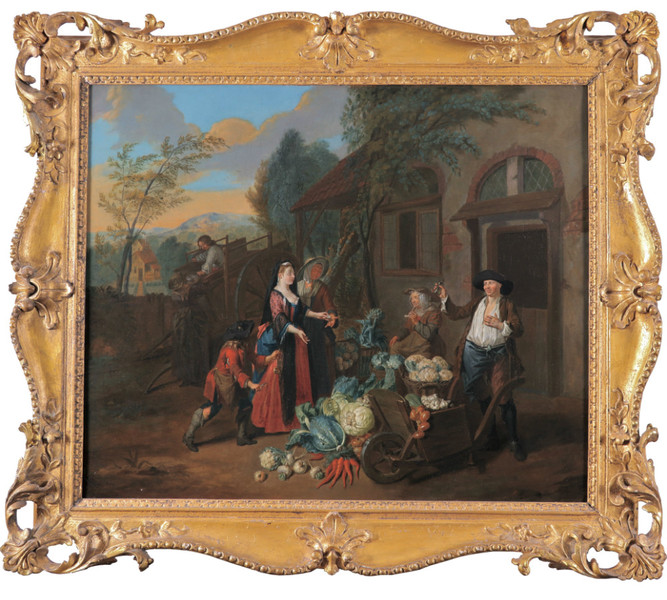
Joseph van Aken
"A lady and her maid buying vegetables, a young thief attempting to steal her watch"
14.000 €
"A lady and her maid buying vegetables, a young thief attempting to steal her watch"
14.000 €
Anonymous painter from the second school of Fontainebleau
"The crowning of a poet (?)"
5.500 €
"The crowning of a poet (?)"
5.500 €
Leandro Bassano
"Portrait of a lute player"
6.500 €
"Portrait of a lute player"
6.500 €
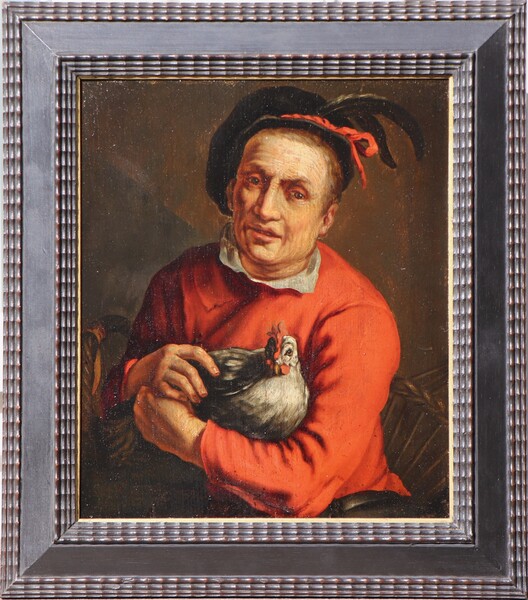
After Cornelis II Bloemaert
"A poulterer with a chicken"
2.000 €
"A poulterer with a chicken"
2.000 €

Attributed to Herman Doncker
"A family portrait with a small pony"
11.000 €
"A family portrait with a small pony"
11.000 €
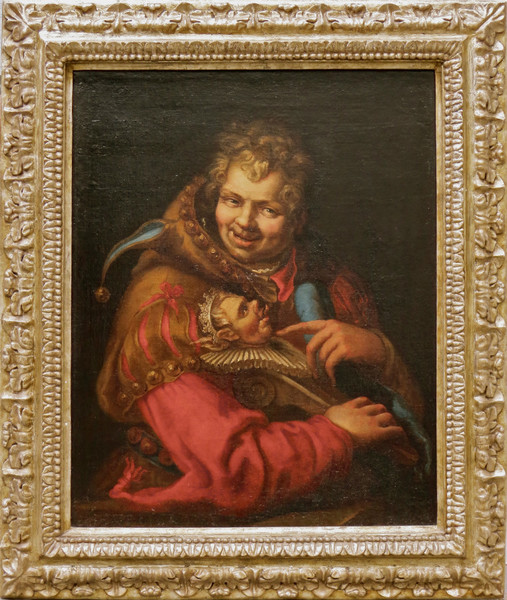
Attributed to Gottfried I Eichler
"A jester pointing at his marotte"
6.500 €
"A jester pointing at his marotte"
6.500 €

Attributed to Adriaen Hanneman
"Portrait of Lord Francis Villiers"
5.500 €
"Portrait of Lord Francis Villiers"
5.500 €
Attributed to Matthijs Harings
"Portrait of a young man"
2.900 €
"Portrait of a young man"
2.900 €
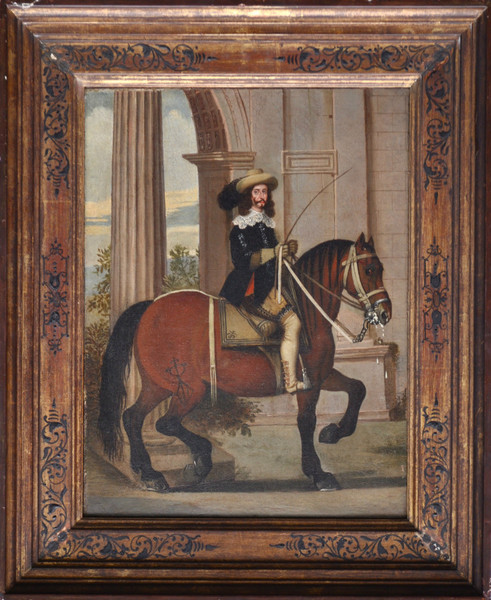
Wolfgang Heimbach
"Portrait of a cavalier on horseback (Archduke Leopold Wilhelm of Austria?)"
8.500 €
"Portrait of a cavalier on horseback (Archduke Leopold Wilhelm of Austria?)"
8.500 €
Matheus van Helmont
"The wife of an alchemist saddened by his stubborn perseverance"
11.000 €
"The wife of an alchemist saddened by his stubborn perseverance"
11.000 €
Attributed to Willem I van Herp
"Kitchen interior scene"
4.200 €
"Kitchen interior scene"
4.200 €
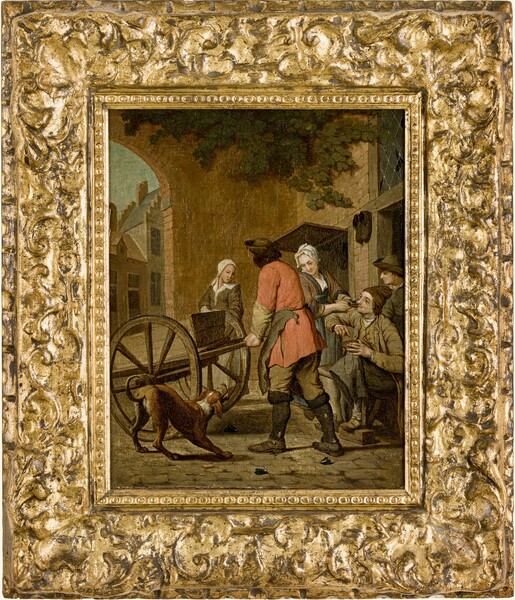
Jan Jozef I Horemans
"A cobbler working in front of his home"
3.000 €
"A cobbler working in front of his home"
3.000 €
Jan Jozef II Horemans
"An elegant company on a terrace"
9.100 €
"An elegant company on a terrace"
9.100 €
Attributed to Juriaen Jacobsz.
"Portrait of a lady "
7.500 €
"Portrait of a lady "
7.500 €

Attributed to Ferdinand I van, SOLD Kessel
"Monkey-trick with a cat at the monkey-barber"
"Monkey-trick with a cat at the monkey-barber"
Formerly attributed to Simon Kick
"One of a pair of interior scenes, a drink"
The pair 16.000 €
"One of a pair of interior scenes, a drink"
The pair 16.000 €
Formerly attributed to Simon Kick
"one of a pair of interior scenes, a game of backgammon"
The pair 16.000 €
"one of a pair of interior scenes, a game of backgammon"
The pair 16.000 €
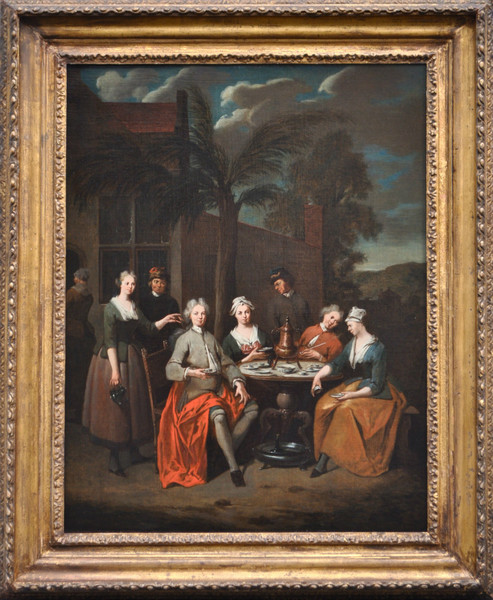
Jan Baptist Lambrechts
"A gallant company drinking tea under a palm tree"
6.000 €
"A gallant company drinking tea under a palm tree"
6.000 €
Christoffel Jacobsz. van der Lamen
"Blind man's buff"
18.700 €
"Blind man's buff"
18.700 €
Circle of Isaack Luttichuys
"Portrait of a woman"
11.800 €
"Portrait of a woman"
11.800 €
Andreas Martin
"A village scene"
"A village scene"
Bartholomeus Molenaer
"A painter at work"
6.100 €
"A painter at work"
6.100 €
Jan Miense Molenaer
"A flirting couple"
4.700 €
"A flirting couple"
4.700 €
Monogrammist IG
"The tobacco seller"
2.500 €
"The tobacco seller"
2.500 €
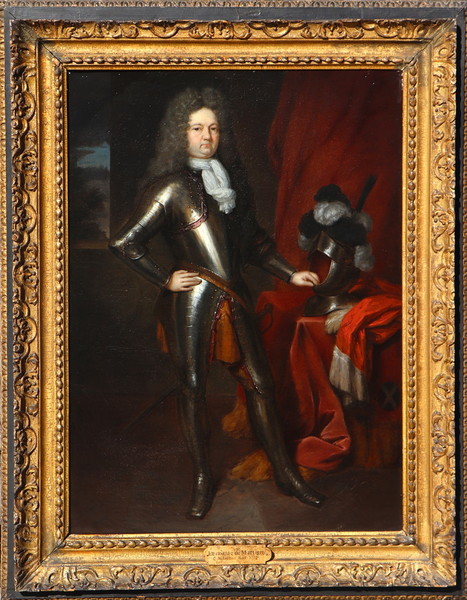
Constantijn Netscher
"Portrait of Charles du Han de Martigny "
9.000 €
"Portrait of Charles du Han de Martigny "
9.000 €
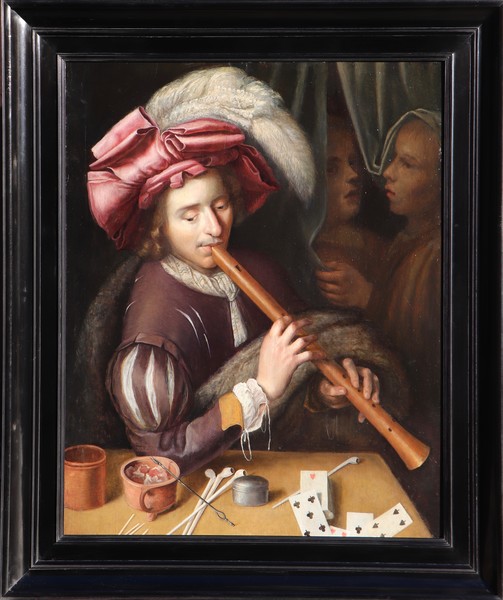
circa 1630 Northern Caravaggesque painter
"A young man playing the tenor recorder"
33.000 €
"A young man playing the tenor recorder"
33.000 €
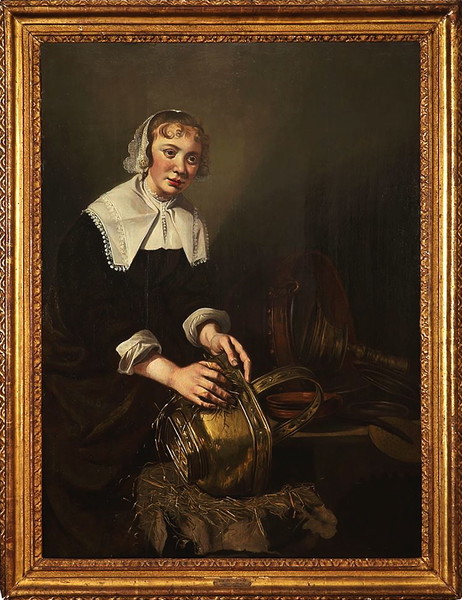
Willem van Odekercken
"A servant girl"
9.500 €
"A servant girl"
9.500 €
Attributed to Nicolaes Eliasz. Pickenoy
"Portrait of a lady "
18.000 €
"Portrait of a lady "
18.000 €
Circle of Frans II Pourbus
"Portait of a man"
8.500 €
"Portait of a man"
8.500 €
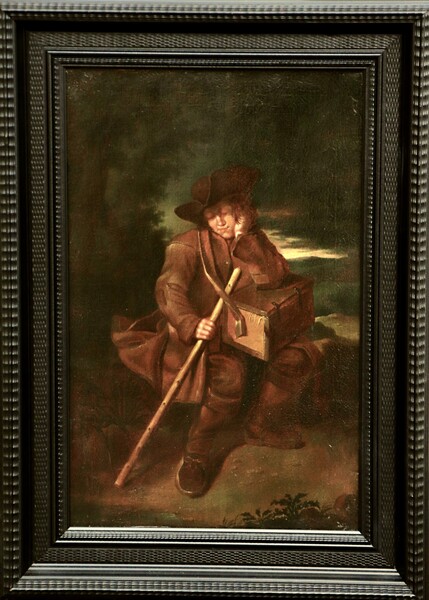
Attributed to Peeter Snyers
"A young Savoyard and his pet animal"
1.500 €
"A young Savoyard and his pet animal"
1.500 €
Attributed to Hendrick Martensz. Sorgh
"A courting scene"
4.500 €
"A courting scene"
4.500 €
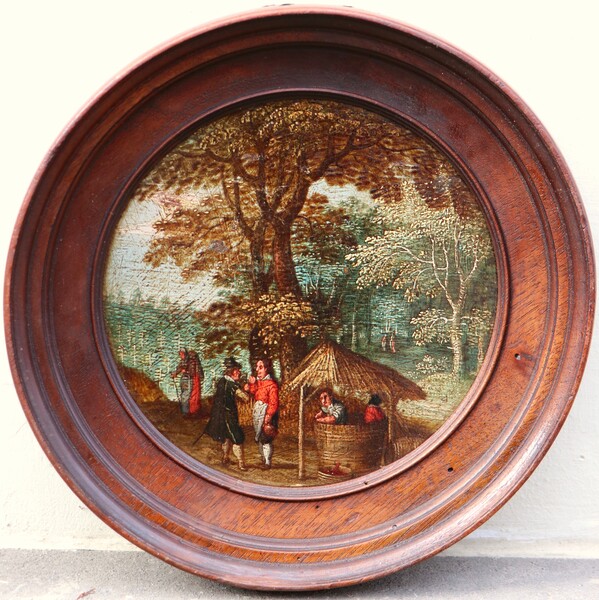
Early 17th century Flemish follower of Lucas van Valckenborch
"The wine press"
3.000 €
"The wine press"
3.000 €

Adriaen Pietersz. van de Venne
"It is all about the profit"
9.500 €
"It is all about the profit"
9.500 €
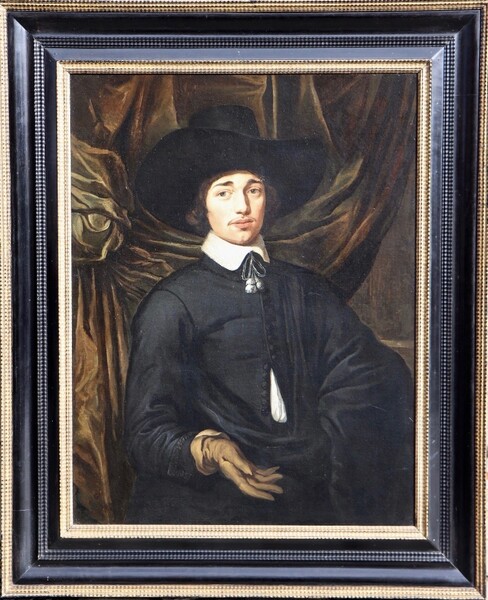
Circle of Jan Victors
"One of a pair of portraits"
the pair 9.500 €
"One of a pair of portraits"
the pair 9.500 €
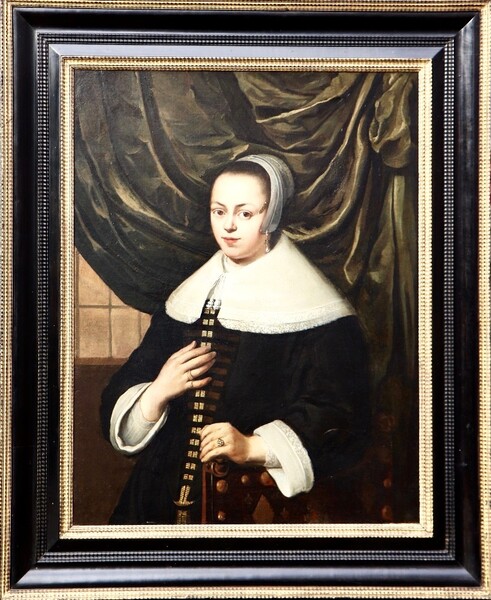
Circle of Jan Victors
"One of a pair of portraits"
the pair 9.500 €
"One of a pair of portraits"
the pair 9.500 €
Cornelis de Wael
"Gypsies reading the palm of a young traveller "
5.000 €
"Gypsies reading the palm of a young traveller "
5.000 €
Thomas Wijck
"An Italianate harbour scene"
7.200 €
"An Italianate harbour scene"
7.200 €
